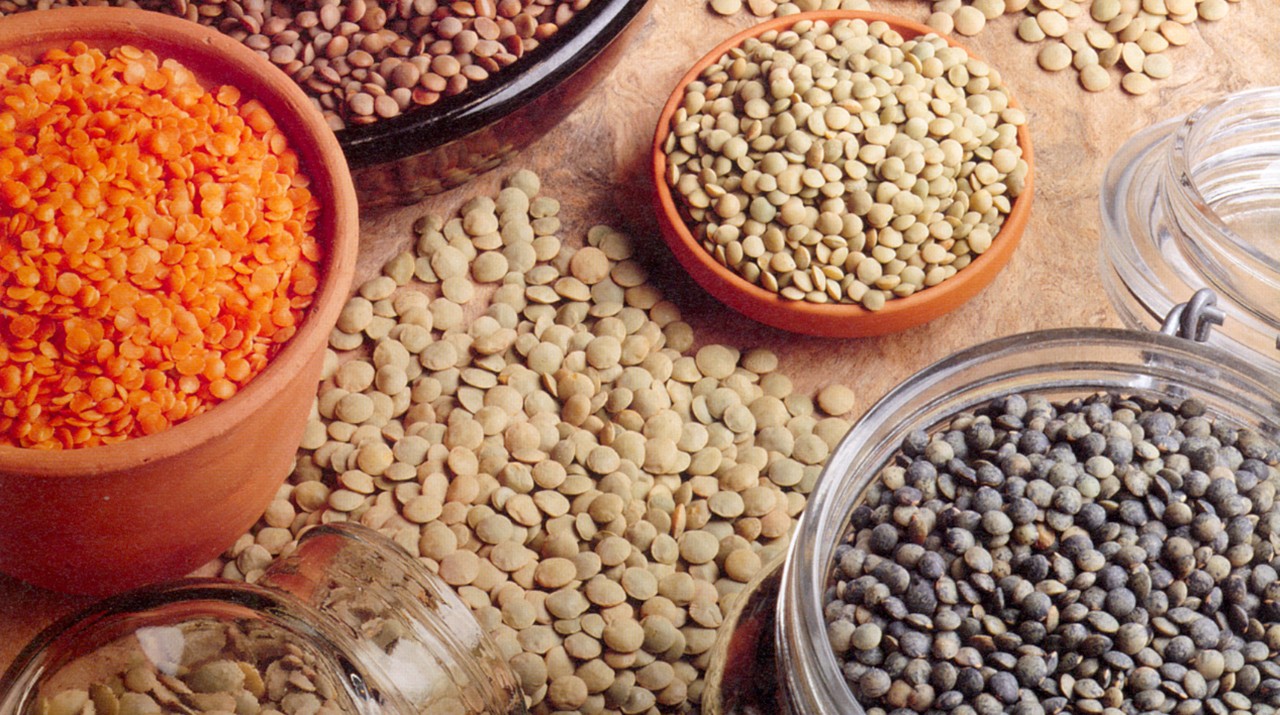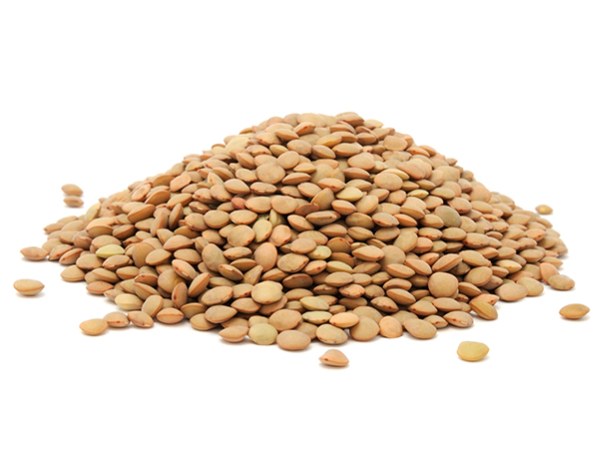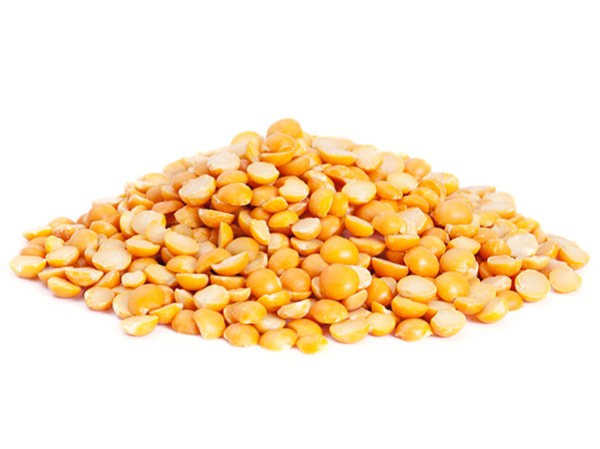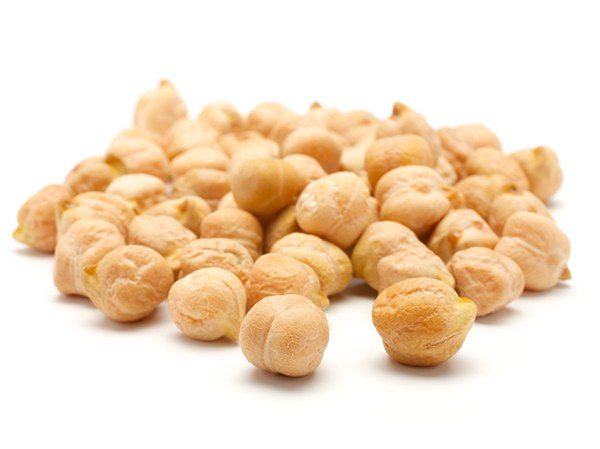About Pulses

Pulses are the edible seeds of legumes, a family of crops that have been
cultivated for more than 5,000 years. The word “pulse” is derived from the Latin word puls,
which means “thick soup”, which was the most common way that pulses were eaten at that time—and
is still delicious today!
The most commonly grown pulses include lentils, peas, chickpeas (aka garbanzo beans) and
beans, with dozens of varieties of each type. Pulses are a staple of pantries on every continent
around the world, and it’s likely you have some in your cupboards today.
Pulses are an important source of protein, especially in developing countries. Pulses currently provide
about 10% of the total dietary protein consumed in the world, with that number expected to increase as
pulses production rises worldwide.
Pulses are very high in protein, low in fat, have a low glycemic index and are an
excellent source of
both soluble and insoluble fibre, complex carbohydrates, vitamins (especially B vitamins) and
minerals
such as iron, zinc and potassium.
Pulses are expected to play an enormous role in feeding our world the high-quality protein it needs over
the next century. Plant-based proteins require only a fraction of the water and inputs needed to grow
animal-based proteins, fixate nitrogen in soil, and are an essential part of a three-crop rotation that
helps maintain soil health.
Learn more about our pulse offerings in our Products
section.

Lentils
One of the first crops ever domesticated, lentils are a nutritious food legume that is
one
of the primary sources of protein for much of the world today.
The word “lentil” is derived from the Latin word lens, which describes the seed’s lens- or
eye-like shape.
Lentils are grown for their seeds, which are typically canned or packaged for retail sale in
whole or split form. Lentils are also used to make flours.
Lentils are commonly used in soups, stews, salads, casseroles, snack food and vegetarian dishes.
Fun Fact: Because of their coin-like shape, it’s tradition in Italy to eat lots of
lentils on New Year’s Eve to help bring prosperity in the new year. There’s a variety of tiny
lentils grown just for this day so you can eat more!

Peas
Peas are versatile crops cultivated for their fresh green seeds, tender green pods, dried
seeds,
and foliage.
The pea dates back to the Neolithic era, where it was grown in the area of modern-day Syria,
Türkiye and Jordan. Today, peas are the predominant export crop in world trade, representing an
estimated 40% of the total trade in pulses worldwide.
Dried peas are typically sold in canned or dry-pack form and are commonly enjoyed in soups,
curries and roasted as snack foods.
Fun Fact: Gregor Mendel’s observations of pea pods and how they grow and change over
generations led to the foundation of modern genetics.


Chickpeas
Chickpeas, also known as garbanzo beans, are high-protein pulses that are vital to food
security
worldwide.
The oldest records of the cultivated chickpea are from Türkiye, where it was first grown
approximately 7,500 years ago.
Chickpeas are by far the most common pulse in India, where they have been a staple of Indian
cuisine for millennia.
Chickpeas are enjoyed whole, split (or dal), ground into flour (besan) and in traditional dips
such as hummus.
Fun Fact: Hummus has exploded in popularity in the past decade, with sales of popular
brands in the U.S. expected to reach over $1 billion by the end of the decade. (Source:
Statista)

Beans
Dry beans are the most varied classification of pulses, with dozens of varieties
commercially
available today, including white, black, kidney, speckled, broad and faba beans.
Beans are a truly worldwide food. Many varieties of beans consumed today were originally grown
in the New World before European contact, while others have grown in Europe, Africa and Asia for
thousands of years. Today, all beans are enjoyed as staple foods worldwide.
Fun Fact: Cultivated beans are older than the invention of ceramics. Broad beans were
grown in Thailand as early as the 7th millennium BCE.

COMPANIES IN OUR GROUP
Contact Us
Head Office
6200 E. Primrose Green Dr.
Regina, SK, Canada
S4V 3L7
Corporate Resources
Copyright © 2024 AGT Food and Ingredients Inc.












